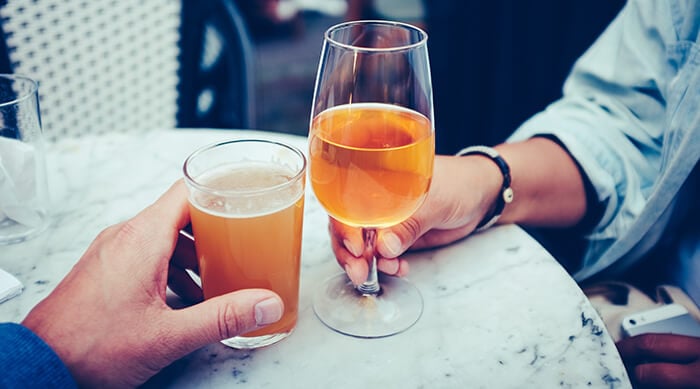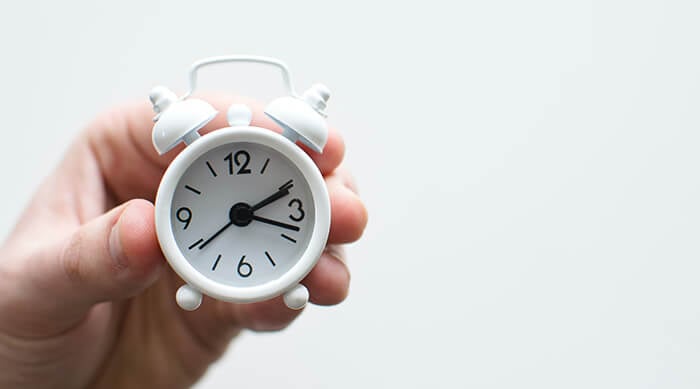Breaking sobriety can get a little complicated depending on your relationship with alcohol. If you have an alcohol use disorder, picking up even one drink can lead to an addiction relapse.
For those without a history of alcohol dependence exploring the idea of a sober curious lifestyle or mindful drinking may work better than complete abstinence.
No matter what your reasons are to break a sober streak or any period of time without alcohol, it’s important to be honest with yourself about the reasons you chose sobriety in the first place.
If you have alcohol addiction…
Table of Contents
If you have alcohol addiction…
Going From Relapse to Recovery
If you’re just trying to drink less…
If you or a loved one are dealing with alcohol addiction or drug abuse, it’s important that you embrace relapse prevention. Seek ways to stay on solid footing with your recovery process, whether you’re a decade in or in your first year without alcohol.
Is sobriety a lifelong commitment? Sobriety is a lifelong commitment for anyone with a substance use disorder or addiction to alcohol. Breaking sobriety just isn’t an option if you have a history of alcohol abuse.
Is it possible to break sobriety without drinking alcohol? It is possible to break sobriety without drinking alcohol if you turn to other addictive substances during your recovery.
It’s also important that you’re not replacing drinking with other addictive behaviors. Alcoholics Anonymous even has a term for those who quit alcohol but don’t address the root cause of their addiction: “dry drunk.”
If you need help with alcohol use or finding the right treatment programs, contact these support groups:
Going From Relapse to Recovery
Relapse can be dangerous for those who have several years of sobriety under their belts. Your tolerance is much lower. You should be aware of the potential for serious health risks in the short- and long-term if you drink too much during that relapse.
That said, relapse doesn’t mean you’re hopeless, and all of the progress you’ve made doesn’t go away after a relapse.
Does one sip count as a relapse? For those in alcohol recovery, one sip can count as a relapse. While it may not mean withdrawal symptoms, it can lead to alcohol cravings, binge drinking, and prime your desire to drink.
For others, it’s much more complicated.
Some addiction experts say that being that hard on yourself or even counting your sober days can be detrimental to your overall progress. The mental toll after relapses may even be the hardest part of recovery.
Others note that a minor incident like a sip or even glass of wine may be defined as a lapse instead of a relapse.
No matter where you are in recovery, one sip of alcohol certainly doesn’t mean you’ve failed at recovery. The risk of relapse is high even among those with long-term sobriety, but relapse rates are higher for those who choose not to find treatment options for their addiction.
That’s why it’s so important to both be kind to yourself and seek out help when you need it. That can come in the form of inpatient or outpatient addiction treatment centers or support from other sober people in your social circle.
How long does it take to recover from a relapse? How long it takes to recover from a relapse depends on the circumstances around it. A detox from drug use will look different than returning to the recovery process after a glass of wine.
If you’re just trying to drink less…
Breaking sobriety for some is about finding a healthier relationship with alcohol. These aren’t people deep into 12-step programs or addiction recovery, but those who didn’t love their drinking habits before cutting back.
Perhaps they decided to become a teetotaler on doctor’s orders after worsening health conditions. Maybe they really liked how they felt after that Dry January or Sober September, or were inspired by one of the many sober celebrities out there who are proud to be sober.
For this group, the occasional drink isn’t about relapse but more of a controlled decision. Moderation management programs take this approach by addressing ways to cut down on problematic drinking. This allows for the occasional alcoholic drink, if that’s what you want.
6 Benefits of Sober Curiosity
If you’re all about moderating your drinking, you’ll join a growing number of people who don’t love the effect of too much alcohol on their bodies, minds, even social lives. These are the sober curious.
They may find themselves drinking alcohol sometimes without any guilt attached. They may like the benefits of drinking less so much that the occasional drink has been replaced with non-alcoholic alternatives and upgraded mocktails.
The Shirley Temple isn’t your only option, people.
Whatever their reason, drinking less has likely had big benefits on their physical and emotional well-being:
- Drinking less makes you feel better. Your liver gets a break, your immune system gets a boost, and you reduce your risk of developing a variety of health conditions. That includes cancers and heart disease, 2 biggies directly linked with longevity.
- That energy boost is nice, too. Drinking too much is an energy suck. It can cause fatigue and mess with your sleep patterns, especially deep REM sleep. Those disruptions to your sleep can mean brain fog in the morning and long-term effects on memory and cognition.
- You develop better habits around drinking. If you start drinking less, you may like how you feel. Drinking less may become a default for you as you reevaluate your decisions around drinking.
- You could lose some weight. Despite some of the positive effects associated with red wine, alcohol is still empty calories. The more you drink, the worse your food decisions become, too. French fries are better sober anyway.
- No more hangovers. If you drink less, you won’t have to worry about the horrors of hangovers. The wine fans out there likely know that sometimes you need to wait a full 24 hours for that wine to move through your system.
- You’re a happier you. It may seem like that drink tamped down your social anxiety, but that’s all temporary. In the long-term, alcohol can make anxiety and other mental health issues like depression worse. Heavy drinking is linked to overall poor life satisfaction, too.
Tips for Drinking Less Alcohol
If you know you don’t have a problem with alcohol but want to cut back for other reasons, there are ways to do it without becoming a social pariah.
- Be honest with your friends. If your pals don’t know you want to drink less, they won’t know you want to drink less. Make sense? Tell your friends about your plan. If they’re awesome, we’re sure they’ll be supportive.
- Get social without the booze. It’s a big world out there. You don’t have to drink to have a good time, or even be around alcohol to hang out with your friends. Suggest fun alternatives that aren’t happy hour. If you miss happy hour, try a sober bar, instead.
- Set limits and stick with them. It’s easy to skip plans when you don’t make them. If you’re a visual person, you may need to see how much you actually drink on a tracking app. Come up with goals and hold yourself accountable.
- Embrace alcohol alternatives. Ginger ale is great, but you don’t have to go straight soda if you’re seeking non-alcoholic beverages. Non-alcoholic beers, spirits, and wines are big right now. If you’re celebrating something, do it with a Surely sparkling brut!
Drink wine without the alcohol.
You can drink smarter if you’re trying to cut back. While alcohol alternatives aren’t appropriate for anyone in recovery, they are appropriate for anyone who wants to explore sober curiosity or embrace healthier options.
If wine is your alcoholic drink of choice, dealcoholized wines from Surely are an excellent intro into non-alcoholic beverages.
Start with our crisp, dry sauvignon blanc if you’re looking for an easy food pairing. If you’re on the go, try one of our canned varieties. Our canned sparkling rosé is perfect for picnics.
Sources
- Alcohol Dependence, Withdrawal, and Relapse
- Relapse prevention
- Rates and predictors of relapse after natural and treated remission from alcohol use disorders
- Alcohol use in chronic fatigue syndrome
- Alcohol and the Sleeping Brain
- Mental health and alcohol use: a cross-sectional study of the Finnish general population



![Tips on Mindfully Breaking Sobriety [With and Without Addiction]](https://dropinblog.net/34240221/files/featured/breaking-sobriety.jpg)


